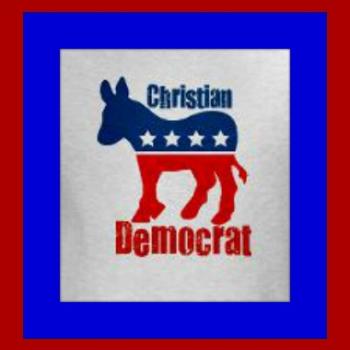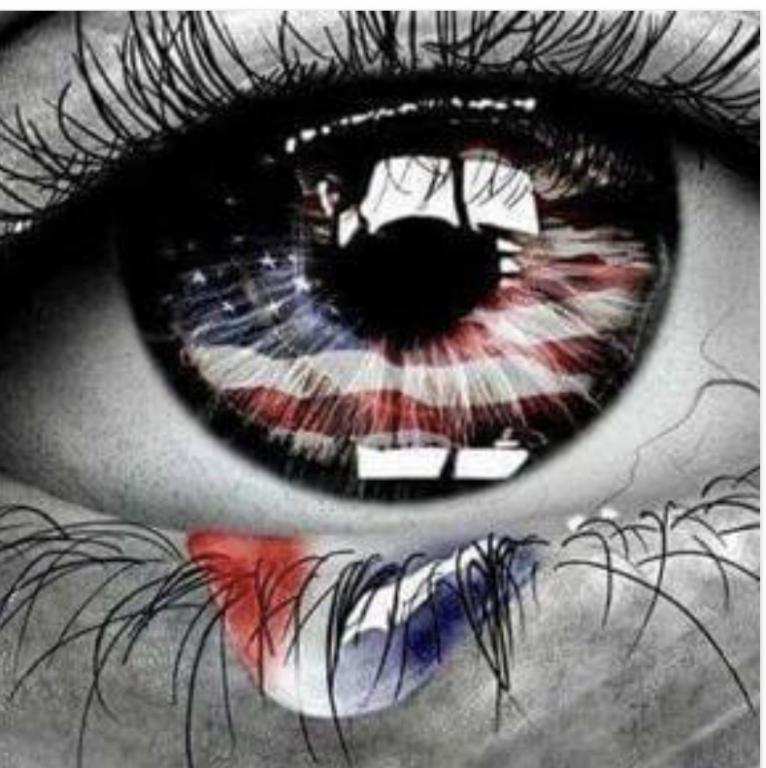Joe Shmoe, a middle class man, is watching the World Series of Poker on tv. He sees people much like himself playing hands and raking in chips worth thousands of dollars as if those chips were hard candy. He figures, “I’m as smart and crafty as any of those jokers, why not me?” So he looks into it. He learns that a nearby casino will soon be hosting a Texas Hold’em tournament. The buy in is $1,000 dollars with top payouts of $100,000. Although Joe lives paycheck to paycheck, he fools himself into liking his odds. He dips deep into his savings account and scrapes together just enough scratch to cover the entry fee. He can almost smell the cash he is sure to win.
The weekend of the tournament arrives and Joe excitedly drives to the casino and finds it difficult to find a parking spot. His excitement begins to turn to nervousness. When he walks inside, the nerves increase and butterflies begin to hold a convention in his guts. There is a very long check in line full of palookas just like him, each clutching most of their life’s savings in their sweaty palms. “There must be 500 people entering this tournament, maybe more,” Joe moans to himself. He remembers enough grade school math to quickly figure the basic truth, there will be over a half million dollars entered into this tournament. Suddenly, $100,000 doesn’t seem such a big number.
After what seems like an eternity (giddy anticipation being replaced with woeful uncertainty has a way of slowing down time), Joe is registered and assigned to a table. When he finds his seat, he sees the dealer and five other faces whose countenances reflect his own trepidation. Now, time has picked back up its pace and seems to be flying at warp speed. The cards are dealt, each player receiving two cards face down. Joe carefully lifts his cards so that only he can see them. He has a pair of fives, clubs and hearts…not a bad opening hand. He figures the odds are that he is the only one who is holding a “pocket pair.” He looks at his stack of chips, worth $1,000…most of his personal worth…he decides his best chance is to place a decent bet in hopes the others will fold and he will get off to a nice, easy start. Joe weighs the options in his mind and decides to push in $400. He wagers 40% of his stack on a marginally good hand and hopes for the best. He sits, hoping that his “poker face” is concealing the fact that he wants to scream at his competitors to fold. The first four players do fold. Just as Joe begins to feel a sense of relief, the last player call his raise. Ok, thinks Joe, this may not be good, but I am in it now. The players await the “flop,” where the dealer will reveal the next three cards that all the players share, which will be added to their two “hold cards.” The flop comes, Ace of diamonds…King of diamonds…five of diamonds…
For a moment, Joe almost jumps out of his skin with joy when he sees that he has flopped another five to give him a very solid hand of three of a kind. Then he sees the Ace, the King, and worst of all, the three diamonds…a possible flush?
His mind spins between reasoned caution and overconfident zeal. He decides to feel out his opponent by simply checking. Much to his relief, Joe’s opponent checks as well. Now the dealer reveals the 4th community card called the “turn card.” It is a seemingly benign four of clubs. Joe’s opponent shows indifference and checks again. Now Joe feels a new swelling of confidence and decides his set of fives is likely good. He decides to put pressure on his opponent, nearly sure that he will force the man to fold. Joe bets another $200 and awaits his opponent’s certain fold. His opponent calls. OK, Joe thinks, he didn’t go all in, he must be trying to draw to something, I’m still good.
The final card from the dealer, known as “the river” card is revealed. It is a two of hearts. the board looks pretty good, reasons Joe, he probably has a high pair and thinks he now has a winning hand…I think I am golden here! Filled with new confidence, Joe decides to push all in. His heart sinks when his opponent immediately calls his raise. When Joe turns his hold cards over to reveal his set of fives, his opponent stands up involuntarily out of excitement and reveals two diamonds, he had made his flush. Just like that, Joe Schmoe’s savings is gone. He mutters, “nice hand” and sulks toward the parking lot.
Someone ended up winning that tournament and $100,000. A few other players won a few thousand dollars as well. The total payout was $300,000. The casino kept the rest in pure profit from the hopes, dreams, and fears of a bunch of middle class Shmoes like our man, Joe…like you…like me. The house wins again.
The house always wins.
That poker tournament is like politics and elections. We are a bunch of Joe Shmoes, Republicans on one side of the table, Democrats on the other, with a smattering of Libertarians, independents, and “others” sitting around in the mix. We all look haggard and feel beaten up by life. We come to the poker table, tired of being tired. We feel like we have a winning hand and we push all in, more out of fear than excitement.
The problem is, no matter how all the Shmoes bet, the money all ends up in the same place. The government is the dealer and Corporate America owns the casino. The house wins again.













